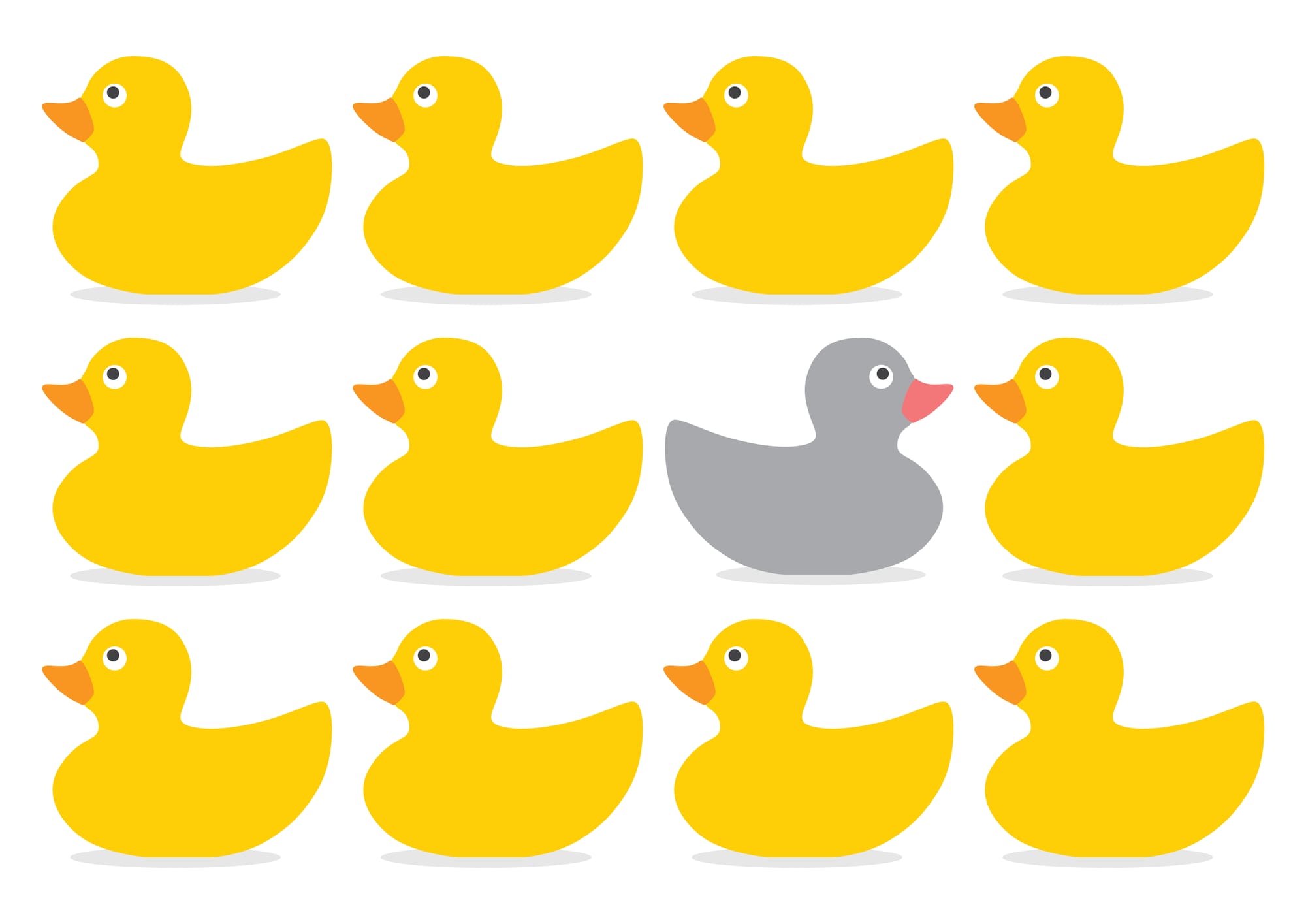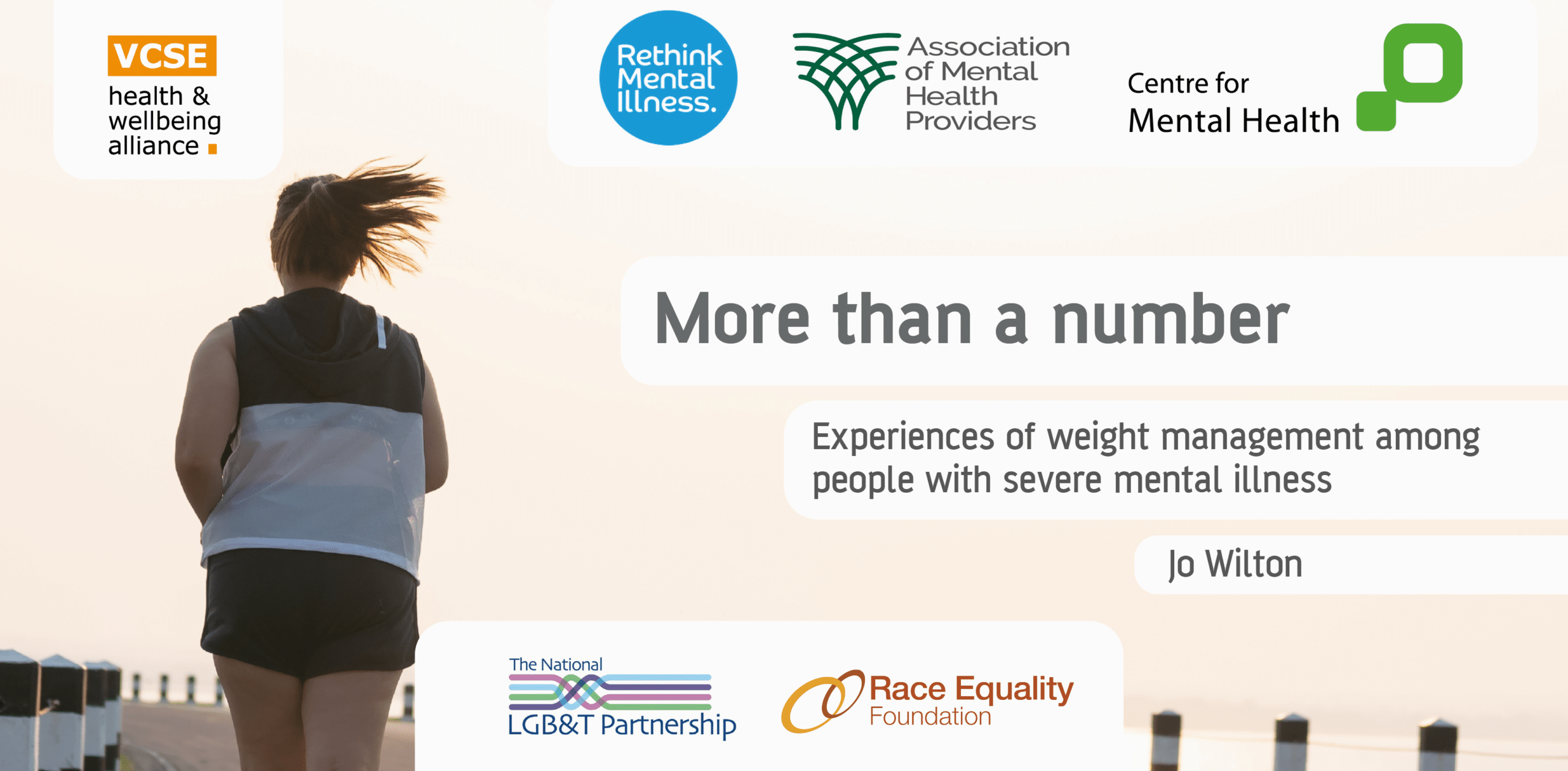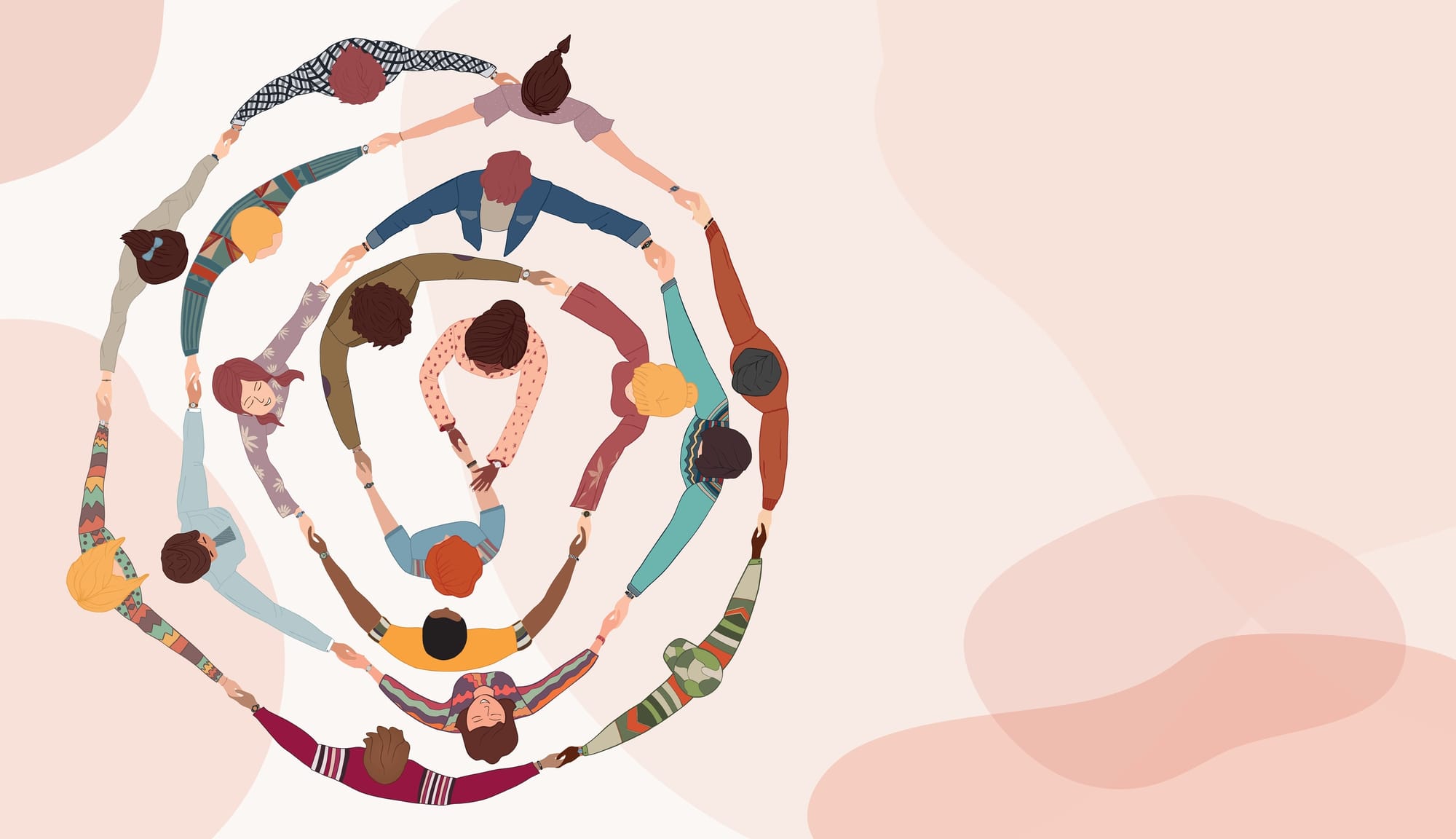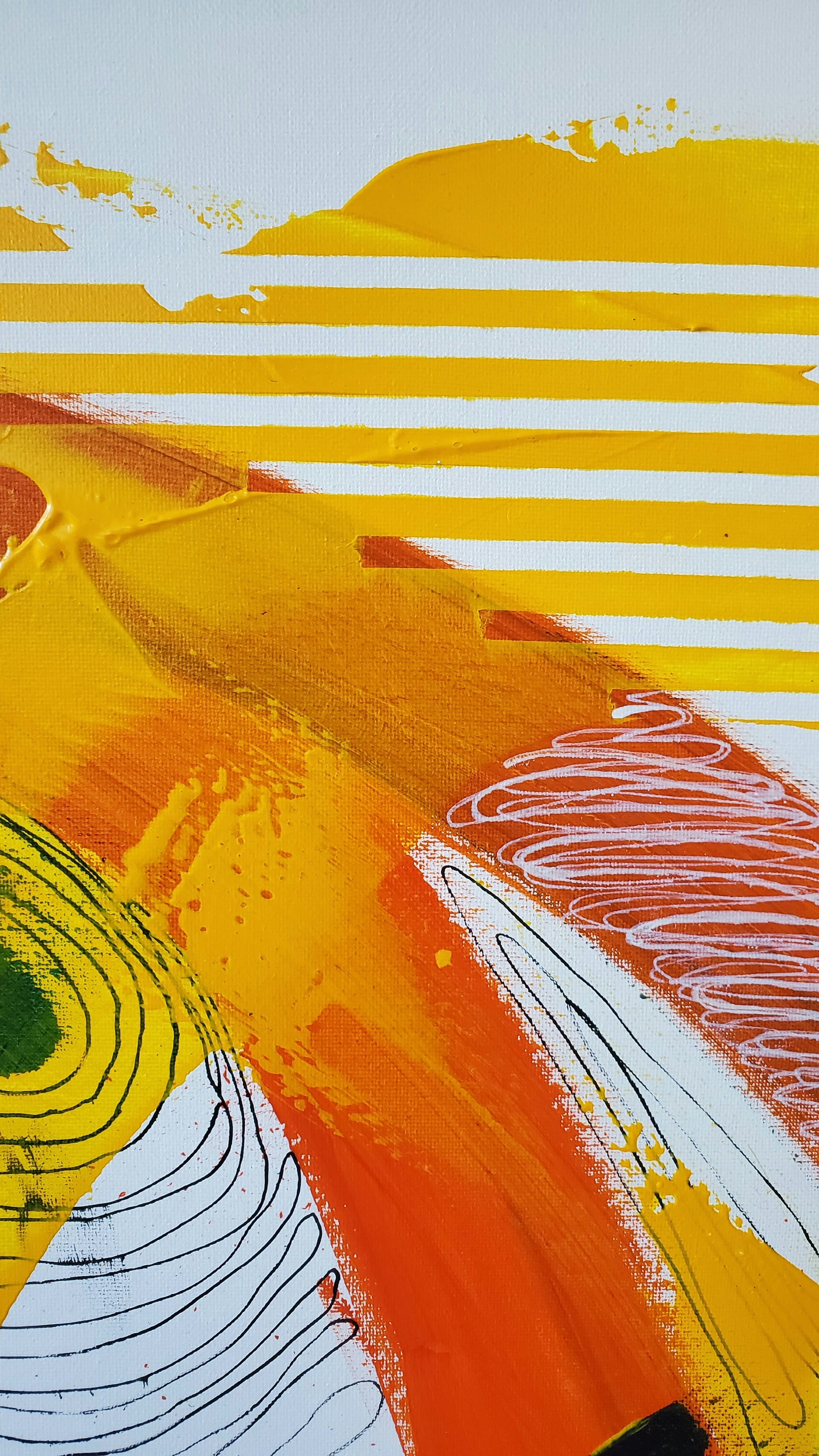
Radical ordinary
In the far south of Aotearoa, at Health NZ | Te Whatu Ora Southern’s Mental Health, Addictions and Intellectual Disability Services (MHAIDS), a new kind of programme is taking shape—one designed not to treat symptoms, but to build habits that last
The initiative launched here at Community Programmes based at Dunedin Hospital is called Hāpaitia: Living Well. It emerged as part of a national quality improvement project launched by the Health Quality and Safety Commission, with Health New Zealand Southern taking up the call. The Commission’s Maximising Physical Health project called upon services across the motu to find new ways to improve screening for metabolic risks and support the physical wellbeing of people experiencing mental distress and taking antipsychotic medications. Health NZ Southern responded by co-designing a tangible programme that’s collaborative and practical and starting small, but building for real impact.
The programme runs in stages:
- Nutrition and Cooking
Participants cook and share a meal with the guidance of Otago’s School of Nutrition. The focus is on budget-friendly, high-protein recipes that can be replicated at home. It’s hands-on, communal, and grounded in everyday life. - Movement and Physical Activity
In collaboration with the School of Physiotherapy, participants explore movement at the university over two one-hour sessions.Whether it’s shooting hoops or simply trying out equipment, the sessions are tailored to everyone's comfort and ability—with one-on-one support as needed. - Pharmacy and Medication Understanding
Through Otago’s pharmacy school, we host candid, judgment-free conversations about medication. An anonymous question box allows people to ask what they may have been too nervous to raise—on topics ranging from side effects to drug interactions, and the importance of regular health checks. - Reflection, Goal-Setting and continuing support for the Future
The final session brings everything together. Participants reflect on what worked, what didn’t, and what they want to carry forward. It’s a chance to acknowledge and be supported with resources to to keep going.
The heart of the programme is built on five principles:
- Personalised, not prescriptive: Participants define their own goals—what they want, not what clinicians think they should want.
- Voluntary participation: No one is forced to join. Engagement only works when people choose it.
- Practical, hands-on sessions: This isn’t a seminar. It’s cooking, moving, asking, and doing.
- Support throughout: From student facilitators to clinicians, participants are never left to navigate things alone.
- A clear path beyond: Connections to health coaches and long-term support continue from the start.
This isn’t a revolution. But it might be evolution.
If we had a magic wand—or better yet, sustainable funding—we would scale this up to include everyone. It would be great to utilise digital tools that let us track physical health data more intuitively so we can support people to develop and sustain good habits.

Here's what our friends at Equally Well UK are up to in a similar space



